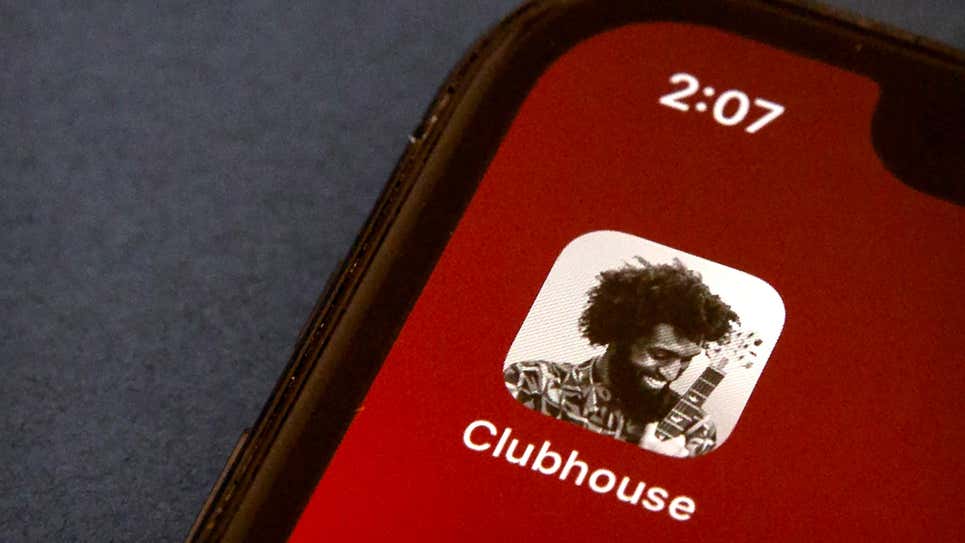
Faced with plummeting app downloads on iOS in recent months, Clubhouse has one thing to say: Hello, Android.
The audio-based social network announced on Sunday in a town hall it would be rolling out to Android users worldwide by Friday afternoon, May 21. In a Twitter post, Clubhouse said that it would start its expansion with Japan, Brazil, and Russia on Tuesday. The company said it would add availability in other countries throughout the week, specifying that it would launch in Nigeria and India on Friday morning.
Clubhouse told Gizmodo on Sunday that it had begun its first wave of the Android beta rollout in the U.S. last week. In the end, the company also ended up launching its app in New Zealand, Canada, Australia, and the UK. Clubhouse said the app is still invitation-only, but that people can download the app on the Play Store, and friends on the app may invite them in.
Besides announcing its worldwide expansion on Android, Clubhouse said it was working on feature parity in Android and iOS. TechCrunch points out that Clubhouse’s Android app still lacks several features offered on iOS. During last week’s Android launch, the outlet stated, users couldn’t follow a topic, create or manage a club, link their social profiles, make payments, or change their profile name.
While Clubhouse’s expansion on Android was expected, and some might say overdue, the app might be hoping that rolling out to more devices will allow it to recover its lost steam. Since its iOS launch last year, the app has seen explosive growth, attracting tech billionaires like Facebook CEO Mark Zuckerberg and Tesla CEO Elon Musk.
The shininess around Clubhouse recently began to taper off, though. According to the analytics firm SensorTower, Clubhouse had 2 million downloads in January and then jumped to more than 9.5 million in February. Downloads dipped in March to 2.7 million and then again in April, when they dropped to below a million.
The reasons for Clubhouse’s rollercoaster of growth over these past few months are still up in the air. Some say that the app became a success because it launched at the beginning of the pandemic, a time when so many of us were stuck inside and starved for human connection. Today, the world is different. Things are opening back up again. Vaccinated people are taking off their masks and going outside, so the idea of chatting on an audio-only platform may just not hold the same appeal.
The social app landscape is different as well because users have more options. Big Tech’s social apps are all copying Clubhouse’s format. Instagram, for instance, has given users the option to turn off their audio or video when using Instagram Live. Twitter has launched Spaces, which allows users to join virtual rooms and have real-time audio conversations with others. Facebook is also working on its own version of Clubhouse, as are LinkedIn, Spotify, and Slack, just to name a few.